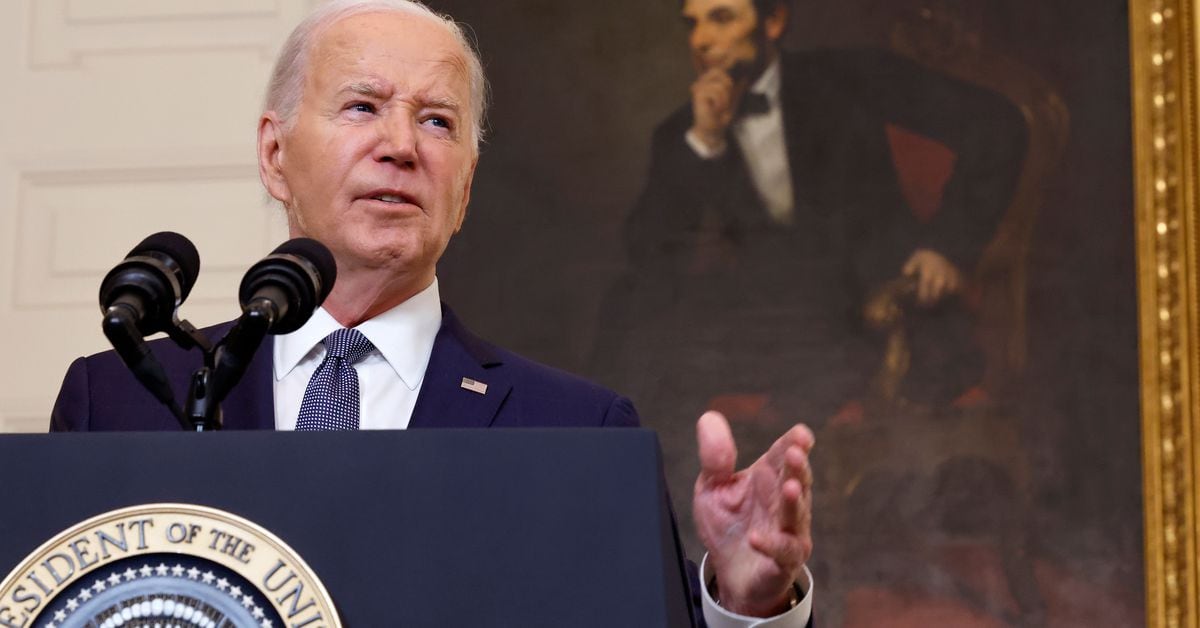The United Kingdom is gearing up to roll out comprehensive digital asset regulations within the next 12 months, according to Andrew Griffith, the economic secretary to the U.K. Treasury.
In a recent interview, he emphasized the country’s desire to capitalize on the benefits of blockchain technology for the private sector and the overall economy.
A pragmatic and proportionate approach
Griffith shared his optimistic outlook on the country’s ability to regulate the crypto space in a pragmatic and proportionate manner. He highlighted that for the first time in decades, the U.K. government is well-positioned to move in an agile way, thanks to its regained control over its rule book.
This development, he believes, is instrumental in allowing the country to adopt a growth mindset and maximize the economic opportunities presented by technological innovations in the private sector.
The proposed crypto regulatory framework will comprise a blend of existing financial asset laws and new crypto-specific rules. Griffith emphasized the importance of regulating assets consistently while leveraging the unique opportunities available within the crypto and distributed ledger space.
Expediting crypto-backed settlements
The economic secretary also mentioned the inclusion of settlements using fiat-backed cryptocurrencies in the financial services bill, which he expects to be implemented even sooner than the broader regulatory framework.
However, he stated that the rollout of the U.K.’s proposed central bank digital currency, popularly known as “Britcoin,” will have a longer lead time and is not expected within the next year.
Griffith stressed the need for a comprehensive policy debate regarding privacy and the technology of the digital pound to ensure that all concerns are adequately addressed.
He acknowledged the necessity for the highest level of resilience and infrastructure for a sovereign digital currency, a feat that cannot be achieved overnight.
Turbocharging the U.K.’s crypto sector
Coinbase CEO Brian Armstrong met with Griffith earlier this week to discuss how the U.K. could “turbocharge” its crypto sector and potentially become an innovation hub for the Web3 economy.
This vision aligns with that of Prime Minister Rishi Sunak, who expressed his desire for the U.K. to become a crypto hub last year while serving as finance minister.
The U.K.’s ambition to establish itself as a leading player in the crypto space is shared by other regions such as Dubai, Singapore, and recently Hong Kong, which have made significant strides to become crypto hubs.
In contrast, the United States has ramped up its enforcement actions related to cryptocurrencies since Gary Gensler took office as the chair of the Securities and Exchange Commission in April 2021.





